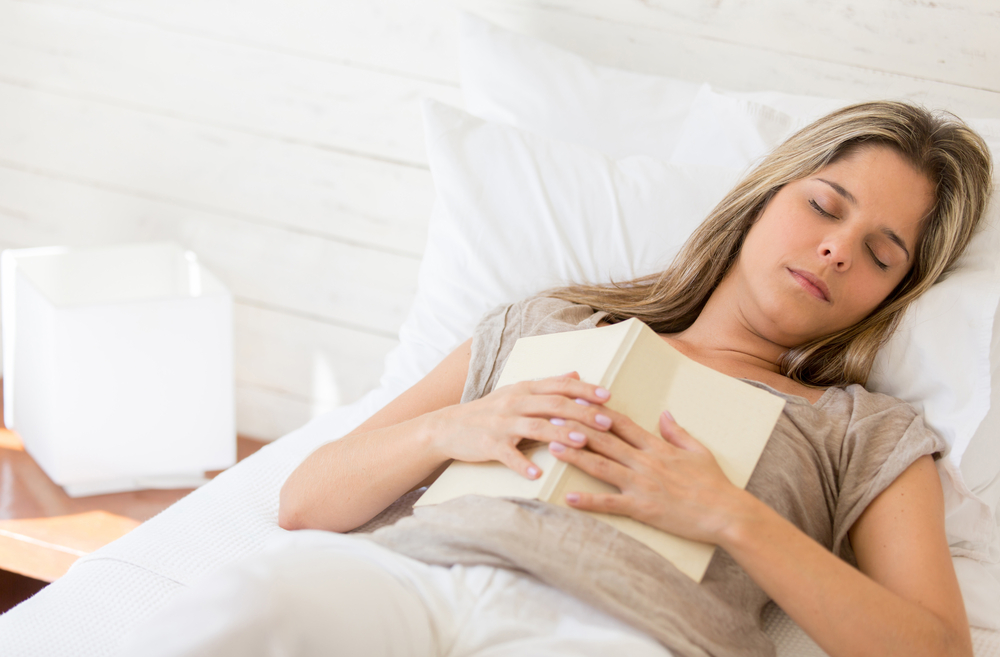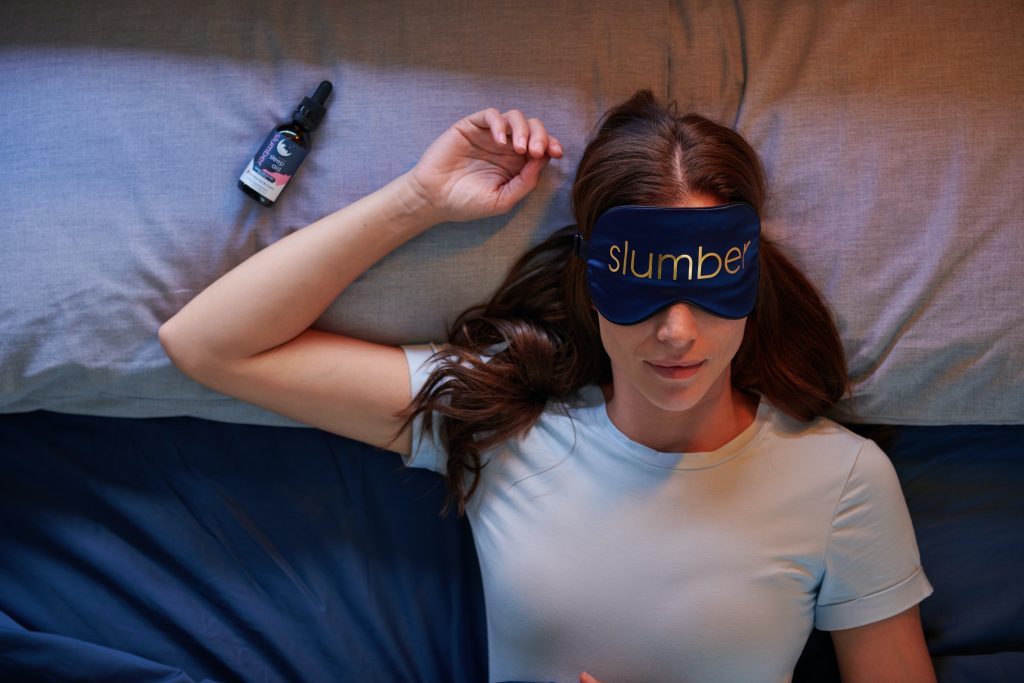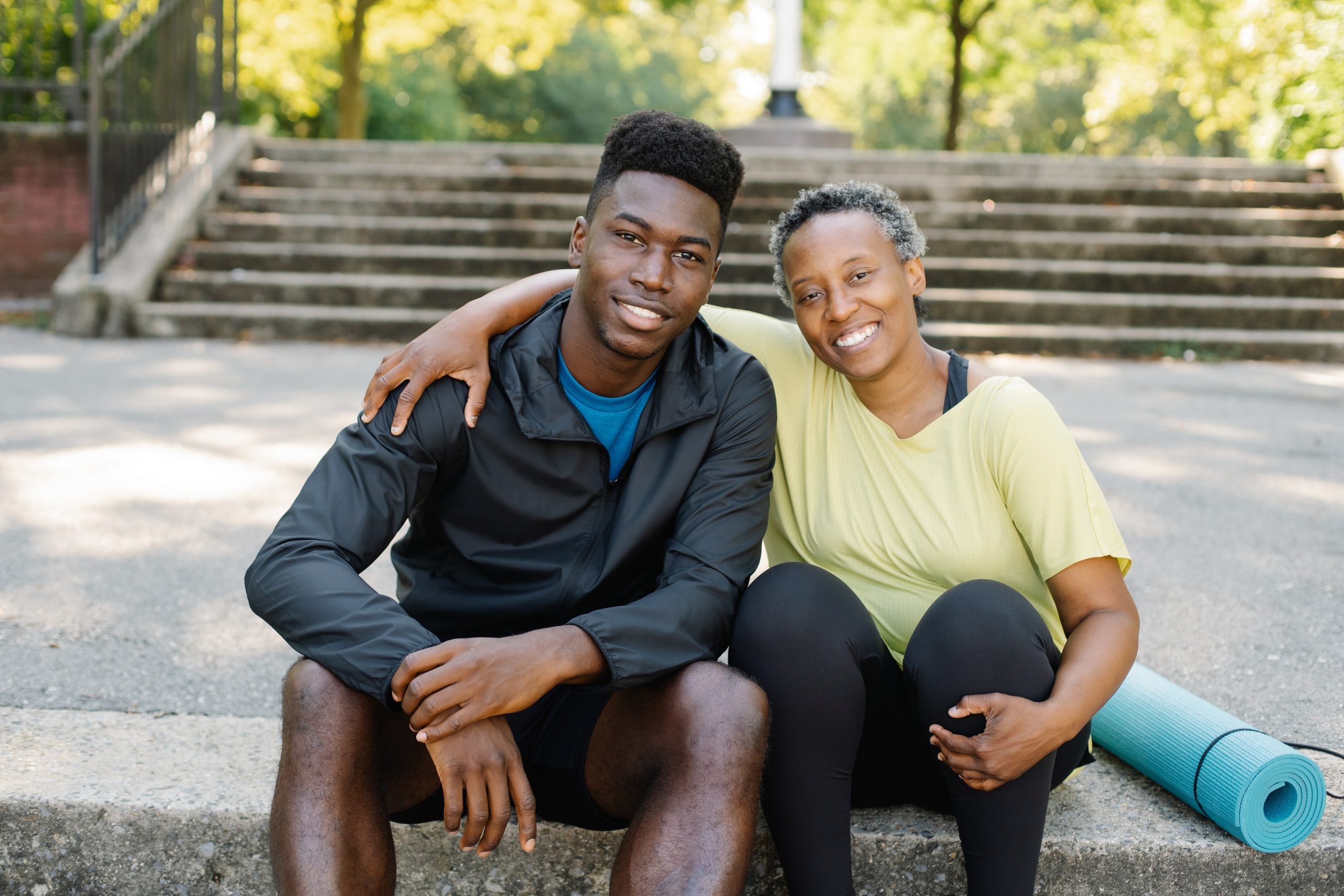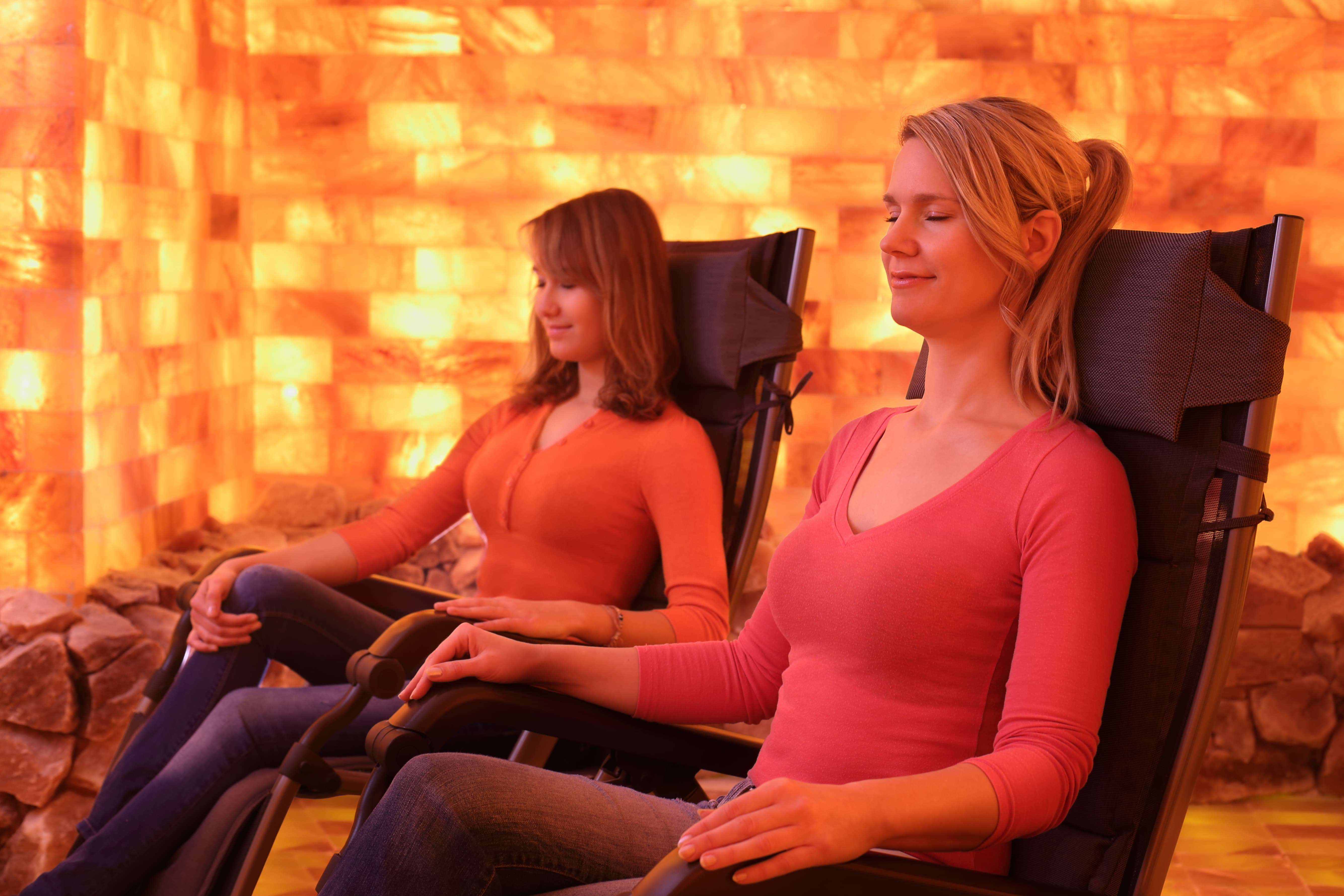Routines play a critical part in the success and performance of many professions, with pro athletes being one such group. However, routines aren’t just for athletes. One routine that can benefit everyone, no matter their profession, is a sleep routine.
A sleep routine can completely transform your sleep from nights of restlessness to deep, uninterrupted sleep. Thankfully creating a sleep routine is not that difficult, and even just a few minor modifications can make the biggest difference.
This article provides ten practical tips on creating a sleep routine and will help you in your search for that elusive ‘good night’s sleep.’
What Is a sleep routine?

Like any routine, a sleep routine is a set of specific ‘set-in-stone’ activities you perform before hitting the hay. A sleep routine can take 5 or 30 minutes to complete and comprises any activities that help you get to sleep.
Some of the activities that people include in their pre-sleep routines are:
-
Reading a book
-
Taking a warm bath
-
Listening to music or an audiobook
-
Stretching and yoga
-
Breathing and meditation
The great thing about any routine is there are no “right” or “wrong” ones. As long as it helps you get a good night’s sleep, that’s the main thing.
Why is a sleep routine so important?

The adage, ‘humans are creatures of habit’, rings true. Unfortunately, though, many of those habits are detrimental to areas of our life like productivity and sleep. This is where the power of a good sleep routine comes into play.
A sleep routine can help eliminate bad habits and replace them with habits that are good for your sleep and overall health and well-being. Over time, your brain views your pre-bed activities as a precursor to sleep, which is why consistency is key to any routine.
Studies show that anxious thoughts can negatively impact your nervous system, making falling asleep difficult. A good sleep routine can help to reduce stress and anxiety, calm your mind and regulate your metabolism.
Parents have also known about the power of a sound sleep routine for millennia. Sleep routines can help get babies to sleep, relieve stress in teenagers and help kids sleep much quicker than usual.
Ten tips to develop a sleep routine

Many people struggle to forget the day’s stresses meaning they go to bed with a cluttered mind, the last thing you want for a good night’s sleep.
If this sounds like you, try implementing some of the tips below. I recommend trying all of them and then choosing the ones that work for you.
1Set a consistent bedtime
The first and most important component of a sleep routine is choosing times to sleep and wake up. As creatures of habit, a consistent routine helps our brain to recognize when it’s time to hit the hay. Don’t forget, if you plan on sleeping at 10 pm, to start your routine beforehand.
2Turn your phone off
Electronic devices such as your TV, smartphone, and tablet all emit harmful blue light, which has been shown to negatively impact sleep quality. It does this by “fooling” our minds into believing it’s still daytime.
Make it a rule to limit or, even better, “eliminate” electronic device use an hour before bed. Another handy tip is to use the “built-in” filter on your phone to reduce the amount of harmful blue light.
3Healthy bedtime snacks

Eating before bed can help to improve the quality of your sleep. No, I’m not talking about demolishing an entire tub of ice cream. A light snack high in melatonin or a cup of tea can calm your stomach and mind, helping to induce sleep.
Ideal snacks before bed are:
-
Herbal tea
-
Grapes
-
Nuts
-
Cherries
-
Oats
4Run a bath
The sleep process is complex and involves many different experiences, including a drop in body temperature. Research has shown that a warm bath improves sleep quality by mimicking your body’s nighttime temperature. Try experimenting by taking a warm bath at least 90 minutes before bed.
5Pump up the jams
A whopping 62% of people listen to music to help them fall asleep. The great thing about this trip is it doesn’t matter what type of music you listen to. As long as it helps you relax, that’s the important thing.
 Source: National Library of Medicine
Source: National Library of Medicine But it’s not just music; white noise has also been shown to positively impact sleep quality. You can find a heap of free apps that allow you to download sounds like rain on a roof or thunder and wind on a stormy day.
6Breathing, yoga and stretching
Numerous studies have shown the link between relaxation techniques such as deep breathing and getting a good night’s sleep. These techniques induce PMR or ‘progressive muscle relaxation’, helping you to relax your muscles and clear your mind.
Yoga and stretching have also been shown to benefit sleep, and the best thing is they provide other health benefits like relieving pain, improving core strength and reducing inflammation.
7Read a book
Reading a book before bed is a common routine that goes back to childhood. This is a tradition I’ve continued with my children, and it seems to work wonders, not just for them but me too. Reading books for adults works, too; just make sure to steer clear of books that provoke emotions like horror and suspense.

8Meditation
Like yoga and stretching, meditation has also been linked to improved sleep quality. The most significant advantage meditation has on sleep is its ability to clear the mind of the day’s stresses allowing you to fall asleep quicker.
Many methods are used to meditate, but one of the easiest is simply turning the lights off, closing your eyes and concentrating on your breathing.
9Keep an old school diary
A diary or journal can do wonders to clear your mind, crystallise your thoughts and help you get to sleep. Writing in your diary before bed reduces stress and anxiety and relieves the feeling of being overwhelmed. The results of one study showed that even 5 minutes of jotting down your thoughts was enough to speed up the onset of sleep.
10Invest in your bedroom
The final piece of the sleep routine puzzle is to invest in making your bedroom a 5-star sleep mecca. Again, what works for you might not work for everyone, but that’s ok. That said, science shows keeping your room as dark as possible and sound to a minimum can promote sleep quality.
 Source: Sleep Foundation
Source: Sleep Foundation Keeping temperatures between 15-21°C (60-70°F) has also been shown to induce sleep onset. According to the Sleep Foundation, the best bedroom temperature for sleep is approximately 18.3°C (65°F), athough it may vary by a few degress from person to person.
Other tips include investing in a quality mattress and pillow and filling your room with nice-smelling fragrances.
Sum it up

Routines aren’t just for athletes performing at high levels. In fact, not only do routines play a critical role in helping you get to sleep, but they’re also necessary for diet, exercise and study.
Finding a sleep routine that works is what matters, so regardless of how wacky your routine is, if it works, that’s all that matters.








